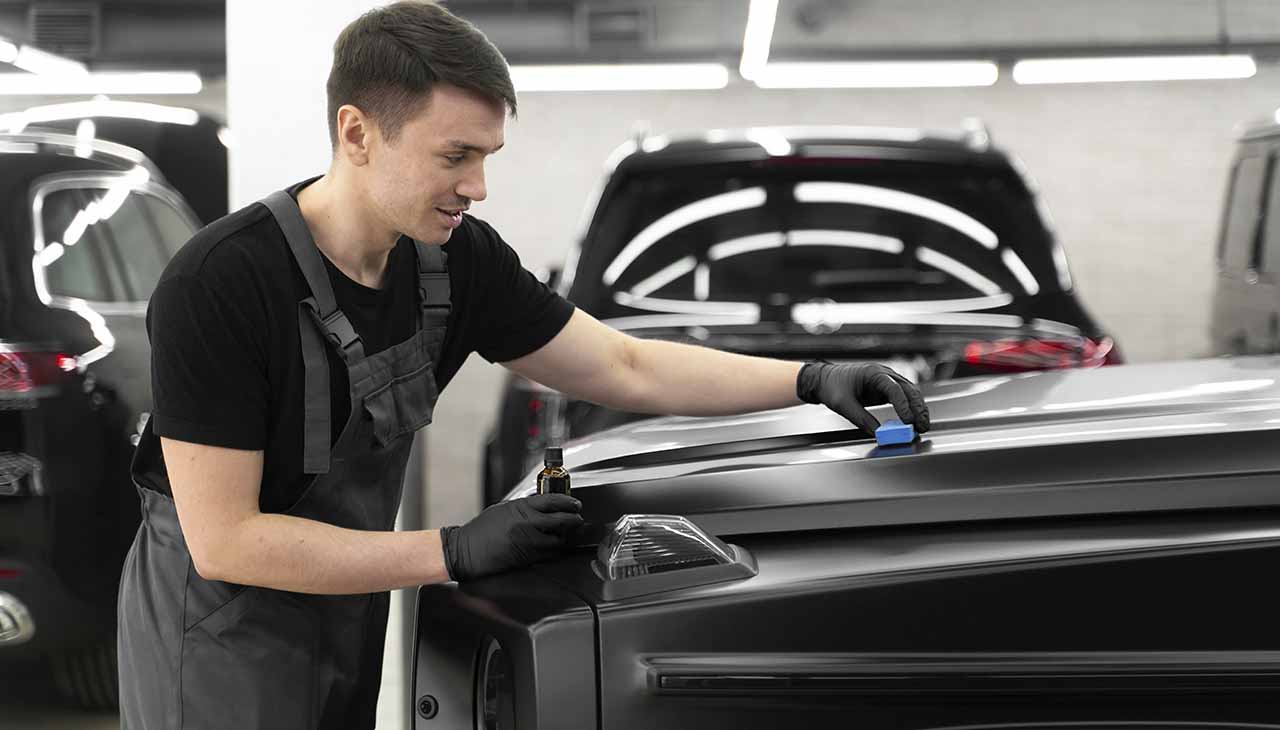Owning a car is an exciting experience, but ensuring it runs smoothly requires regular maintenance. Whether you’re a DIY enthusiast or someone who relies on commuting daily, knowing how to take care of your vehicle can save you time, money, and stress. In this guide, we’ll walk you through essential car maintenance tips, from understanding the basics to knowing when to seek professional help.
Why Regular Car Maintenance is Crucial
Keeping your car in top condition isn’t just about enhancing its lifespan; it’s also about ensuring your safety and that of your passengers. Regular maintenance can prevent unexpected breakdowns, costly repairs, and accidents. By staying proactive about your car’s needs, you can enjoy a smoother, more reliable driving experience.
Understanding the Basics
The Heart of Your Vehicle – The Engine
The engine is the powerhouse of your car. It converts fuel into mechanical energy, allowing your vehicle to move. Regular oil changes, using the right type of oil, and keeping an eye on fluid levels can keep your engine running efficiently.
The Lifeline – The Transmission
Your car’s transmission ensures that power is transferred from the engine to the wheels. Whether you drive an automatic or manual vehicle, maintaining the transmission fluid levels and checking for leaks can help avoid costly repairs.
The Brains – The Electrical System
The electrical system, including the battery, alternator, and starter, powers various components like lights, radio, and ignition system. Regularly checking the battery’s condition and ensuring clean connections can prevent sudden electrical failures.
DIY Maintenance Tips
Checking Tire Pressure
Maintaining the correct tire pressure is vital for safety and fuel efficiency. Overinflated or underinflated tires can lead to uneven wear and even blowouts. Use a tire pressure gauge to check the pressure monthly and adjust as needed.
Changing Oil
Oil lubricates the engine’s moving parts and helps regulate temperature. Over time, it can break down and become less effective. Changing the oil every 3,000 to 5,000 miles, depending on your car’s specifications, ensures optimal engine performance.
Replacing Air Filters
A clean air filter ensures that your engine gets the proper airflow for combustion. Clogged filters can reduce fuel efficiency and performance. Replace the air filter every 12,000 to 15,000 miles or as recommended by your car’s manufacturer.
Seasonal Maintenance Checklist
Preparing for Winter
Winter conditions can be tough on your vehicle. Ensure your antifreeze levels are adequate, switch to winter tires for better traction, and check your battery’s health to avoid cold-weather starting issues.
Getting Ready for Summer
Summer heat can strain your car’s cooling system. Check the coolant levels and inspect the radiator for leaks. Also, ensure your air conditioning system is in good working order to keep you comfortable on the road.
All-Season Essentials
Regardless of the season, regularly inspect your windshield wipers, lights, and brake system. Keeping these components in good condition ensures visibility and safety year-round.
Signs Your Car Needs Professional Attention
Unusual Noises
Strange sounds, such as grinding or squealing, can indicate issues with your brakes, transmission, or other critical systems. Don’t ignore these noises; they often signal the need for immediate expert attention.
Warning Lights
Modern cars are equipped with diagnostic systems that alert you to potential problems. If you see warning lights on your dashboard, such as the check engine light, schedule a professional inspection as soon as possible.
Performance Issues
If your car is experiencing sluggish acceleration, poor fuel efficiency, or difficulty starting, it may be time to visit a mechanic. These symptoms can indicate underlying issues that require specialized tools and expertise to diagnose.
Conclusion
Regular car maintenance is the key to keeping your vehicle running smoothly and ensuring your safety on the road. By understanding the basics, performing simple DIY tasks, and knowing when to seek professional help, you can enjoy a more reliable driving experience. Start implementing these tips today, and for personalized advice, consider booking a consultation with one of our expert mechanics.
Drive safe and happy motoring!



